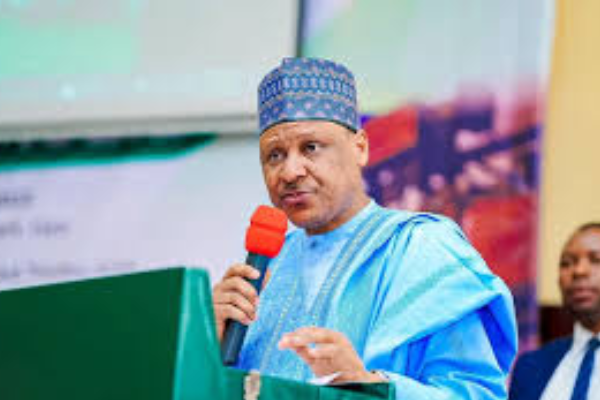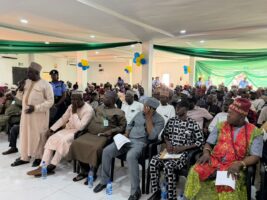Minister of Information and National Orientation, Mohammed Idris, has reiterated the Federal Government’s commitment to reviving the country’s economy, regaining investor confidence, and strengthening democratic ideals as Nigeria commemorates 26 years since the return to democratic governance.
In an exclusive interview with Forbes Africa in honor of Democracy Day, the Minister defended President Tinubu’s ambitious reform agenda, which includes two of the biggest policy changes in Nigeria’s recent economic history: the elimination of fuel subsidies and the unification of foreign exchange rates.
“These were difficult decisions that had to be made,” the Minister told Forbes Africa. “They caused some turbulence, but like an aircraft taking off, we are now reaching stability. The World Bank has noted our return to growth levels not seen in over a decade.”
According to a statement Friday by media aide to the minister Rabiu Ibrahim, the minister stated this in an exclusive interview with Forbes Africa to mark the Democracy Day celebration.
Read Also
The Minister defended President Tinubu’s bold reform agenda, which includes the removal of fuel subsidies and the unification of foreign exchange rates — two of the most significant policy shifts in Nigeria’s recent economic history.
Idris explained that funds recovered from the fuel subsidy removal are being reinvested directly into critical infrastructure projects – including two expansive highway corridors that will span over 1,700 kilometres – aimed at unlocking economic activity and bridging regional divides.
“The aim is not just connectivity, but economic opportunity,” he said.
“Nigeria is really retracing its steps. It is becoming an important nation once again among the comity of nations. The respect that Nigeria used to have is now gradually returning. Investors have more confidence in our country,” Idris noted.
Idris reiterated that the reforms under President Tinubu’s Renewed Hope Agenda are not just about economic arithmetic, but about creating a new foundation for inclusive growth, accountability, and sustainable development.





